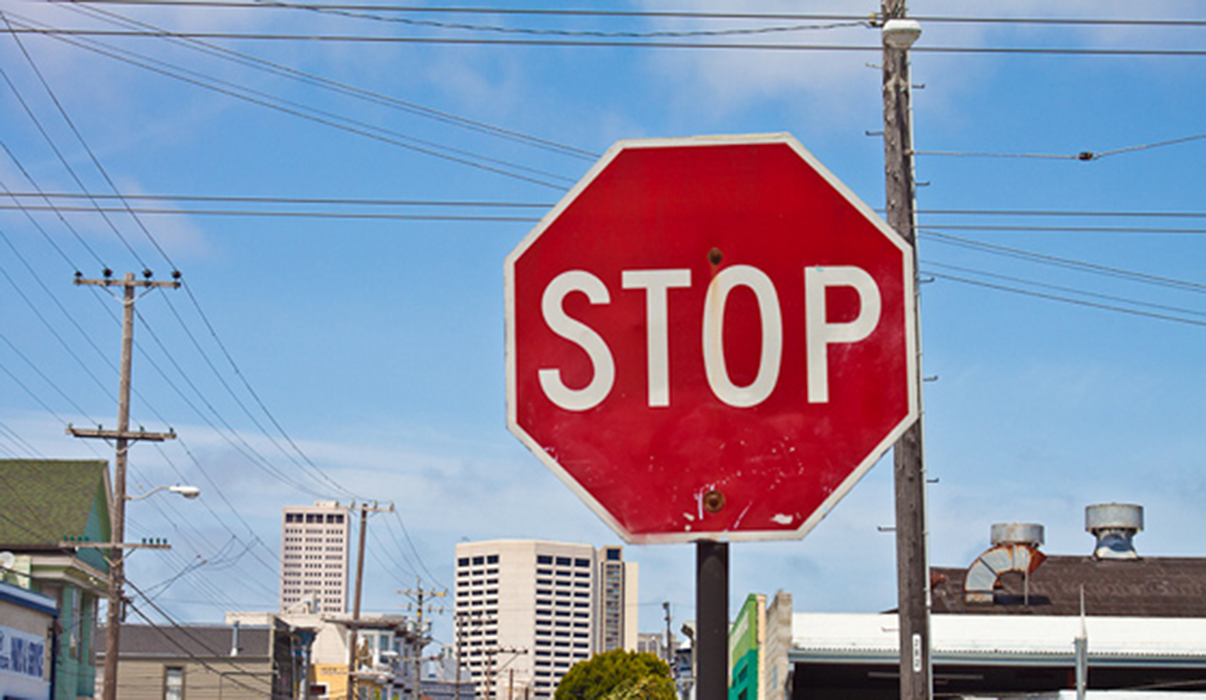UNITED STATES—Marcos had tried the city. A new world opened up to him with the fancy check from the Chamelecón Fruit Co. Bodies of wide-hipped women, whisky and playing cards. In the name of whisky, fleshpots and the ace of spades—they were the unholy trinity that brought Marcos down. The jackdaws cawing on the telegraph wire in the luminous sun near the telegraph cables brought Marcos to the present moment.
Living in the city, from a nice two-story house with a patio and date tree in the middle, to a rented room in an old colonial building whose top floor had been cut up into a rabbit warren of rooms that the once-oligarch family who occupied the floor below rented out to keep up appearances.
He was scrounging around for any kind of work and found some at a factory where they made boxes all day. Marcos, while prizing the physical activity and the lempiras that came with that labor, he began to yearn for his old tierra. Where he’d been able to grow a little corn and beans and survive and feel good as a person who works and enjoys the fruits of their labor and the gifts of nature.
That big fat check from the Chamelecón Fruit Co. both freed and severed from the family land, having to work it, divert water from the river to irrigate it, enjoy the fruits of his toil. It was unsettling to have lost all that tradition and stability. After a year of futureless spending, he had reached the last penny like a slap. The great buddies from the port borracheras fled and the time came to pay for his debauchery. Lost it all, Marcos even had to sell the last pair of cashmere socks and give back the key to the roadster.
He was telling people he met on the way:
“I can get to be foreman. I’m on good terms with these people.”
“You aim so low, Marcos. No wonder your wife left you.”
“But I can’t sign my name. If I could, I would aspire to be manager of a finca.”
The hierarchical culture of Allied Fruit Company instilled divisions wherever you looked, stoking envy, divisions and resentment. It stoked the unrest that clung to those perfect cookie-cutter encampments that proliferated throughout Bananaland. The American executives, with their Ivy League penchant, satiny rep ties, were always given a house on a hill, no matter what, so they could look down on everybody. And where there was no hill, in Guatemala, the company actually built a hill, had a ton of dirt shipped in by rail.
In the foothills the plantation managers lived, and in the lowlands were the barracks where those who wielded machetes dwelled, packed in like toothpicks, in promiscuous overcrowding and loss of privacy. Every table and chair was stenciled AFCO and embossed with a serial number. Where the white managers lived there was always the rectilinear grid of streets, evenly spaced and squared as the lines on a piece of graph paper, the streets named after the colors east to west and those that ran north south after ordinal numbers. It was a joke nonpareil to meet somebody on the corner of Green and Fifth Avenue at 18:00 hours. Military time, de rigeur.
There was the swimming pool and a bowling alley, as well. In certain special encampments there were zoos to display the exotic wildlife from the jungle, the parrots and iguanas. There was the company store, of course, where the executives got their gin-and-tonics and their Dewar’s white label, and everyone else got American staples at elevated prices. A jar of peanut butter went for as much as a $20 gold piece. And very soon Marcos’ children learned not to step up to the electrified fence that surrounded the compound at the top of the hill where the company brass lived.
This was the time when the plantations shifted to palm oil and sisal, during the period when no bananas were imported to Britain. So it was palm oil for Marcos. After a nearly complete ban was ordered by the British Minister of Food, Lord Woolton, the year before the United States tardily entered the war. The yellow spansules were transported aboard refrigerated white ship, white to reflect the sun and help keep the ship cool. But these ships were required by the endeavor to achieve victory in the war. For Britons the absence of the sweet exotic fruit was a real blow for the British. They missed this little treat woven into their lives, and they would risk life and limb to get up from the Tube where they’d sought sanctuary and go to the greengrocer in the unlikely event that a greengrocer had procured hothouse banana.
Alas, we must insert a green comment here in the unlikely event that some characters went, from shelter to a peek from one eye, and gaze upon a Cavendish banana on display at the World’s Fair in St. Louis. It was too much to hope for wilted stalk of celery or apple with a soft spot the size of a quarter. In wartime it was impossible to get bananas, though they were imported at perishables. The majority of children would not see their first banana until after the war was over.
Such was their love and longing, the Britons marked the day when, after an absence of seven years, the first shipment of bananas, showed in in their stores. In the meantime, home cooks made do in the absence of bananas boiling parsnips and adding some dots of banana extract. It was a great event.
To be continued…
Graydon Miller is the Wizard of Fiction. His new story collection “Watsonville Stories” can be browsed at amazon.com.




